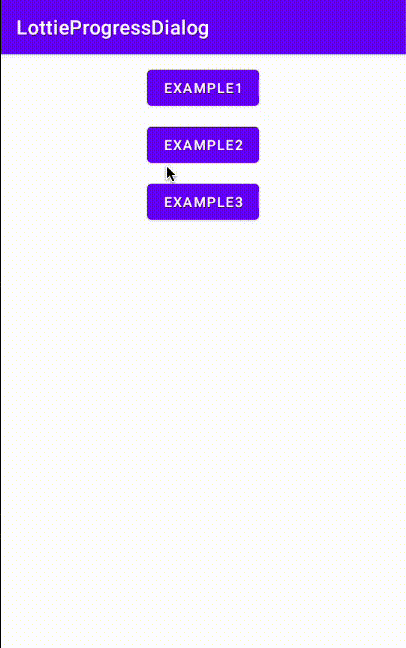MaterialDialogFragments 
Common dialog fragments based on https://github.com/afollestad/material-dialogs
Features
- handles fragments save/restore states for you automatically
- includes mechanism to handle dialog events (even after screen restoration) inside activity and/or fragments
- includes some special dialogs (extracted in own modules) like e.g. a custom color dialog, text and number dialogs, multi text and number dialogs, a fast adapter recycler view dialog, an ads dialog - maybe even more to come
- also supports to show dialogs as dialog or bottom sheet
- easily extendable - create you own dialogs, simply check out the extension modules
Screenshots
Gradle (via JitPack.io)
- add jitpack to your project's
build.gradle:
repositories {
maven { url "https://jitpack.io" }
}
- add the implementation statement(s) to your module's
build.gradle:
dependencies {
// --------
// core - DialogInfo, DialogList, DialogProgress
// --------
implementation "com.github.MFlisar.MaterialDialogFragments:dialogs:"
// --------
// optional
// --------
// input - DialogInput, DialogNumber, DialogNumberPicker
implementation "com.github.MFlisar.MaterialDialogFragments:dialogs-input:"
// specials
implementation "com.github.MFlisar.MaterialDialogFragments:dialogs-datetime:"
implementation "com.github.MFlisar.MaterialDialogFragments:dialogs-fastadapter:"
implementation "com.github.MFlisar.MaterialDialogFragments:dialogs-color:"
implementation "com.github.MFlisar.MaterialDialogFragments:dialogs-frequency:"
implementation "com.github.MFlisar.MaterialDialogFragments:dialogs-ads:"
// --------
// alternatively, to include ALL modules at once
// --------
// implementation 'com.github.MFlisar:MaterialDialogFragments:'
}
Usage
Usage is very simply, you only need to do following:
-
ActivitiesorFragmentsusing the dialog fragments must implement the simpleDialogFragmentCallbackinterface:interface DialogFragmentCallback { fun onDialogResultAvailable(event: BaseDialogEvent): Boolean } -
you create a dialog with the corresponding setup class like e.g.:
DialogInfo( 1, // ID - this allows you to identify dialog events in the callback "Info Title".asText(), "Some info label".asText() ) .create() .show(this) -
in the
DialogFragmentCallbackyou can handle the result now like following:override fun onDialogResultAvailable(event: BaseDialogEvent): Boolean { return when (event) { is DialogInfoEvent -> { Toast.makeText(this, "Info dialog closed - ID = ${event.id}", Toast.LENGTH_SHORT).show() true } else false } }
That's all. Optionally you can set up some global settings like following, preferably in your application class once only:
DialogSetup.SEND_CANCEL_EVENT_BY_DEFAULT = true
The DialogSetup offers some other settings as well.
Check the demo app for more informations.
























